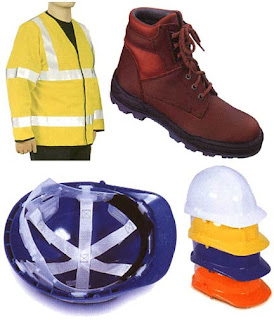HSE AND OIL & GAS EMPLOYMENT TRAINING - CONFINED SPACE

CONFINED SPACE Confined space could mean or be attributed to any of the following: poorly ventilated space or closed apartment with a narrow single entry point or a space with single(narrow) entry point which have been closed for a long period of time. CHARACTERISTICS 1. It is not originally designed for human occupancy 2. It has unfavorable natural ventilation 3. limited openings for entry and exit 4. Potentially hazardous TYPES OF CONFINED SPACE Confined spaces exist in many settings but are especially common in storage and transportation facilities. Example of confined space includes: Pipelines, tunnels, storage Tanks, vessels, sub-cellars, cold storage lockers, hoppers e.t.c Confined space can be below or above the ground. A confined space despite its name is not necessarily small. NATURE OF CONFINED SPACE Fatal and serious accidents have regularly occurred to workers in confined space as a result of negligence or ignorance of the risk assoc...



